TEACHING-LEARNING METHODS
Nursing education requires a blend of theory and practice. The teaching and learning methodologies used are designed to develop critical thinking, clinical skills, professional behaviour, and a compassionate approach. At our College of Nursing, we adopt a dynamic and student-centred approach to teaching and learning. Our methodologies are designed to promote critical thinking, evidence-based practice, and holistic patient care. We integrate traditional, modern, and technology-enhanced methods to prepare students for the evolving demands of the healthcare industry.
1. Classroom-Based Teaching
- Lecture Method: Structured delivery of theoretical content supported by multimedia tools.
- Interactive Discussions: Promotes active participation, questioning, and peer learning.
- Seminars: Structured presentations delivered by students on specific topics, followed by discussion.
- Demonstrations: Skill-based teaching through live or video demonstrations for psychomotor learning.
- Project exhibitions: Display of student-created models, posters, or innovations related to nursing or health sciences. It encourages creativity, research skills, and practical application of knowledge.
- Symposium
- Panel discussion
- Debate



2. Clinical Teaching
- Bedside Teaching: Real-time patient care under supervision to enhance clinical skills.
- Preceptorship and Mentorship: One-on-one guidance in clinical settings by experienced faculty.
- Clinical Conferences and Case Presentations: Enhances clinical reasoning and diagnostic thinking.
- Case studies

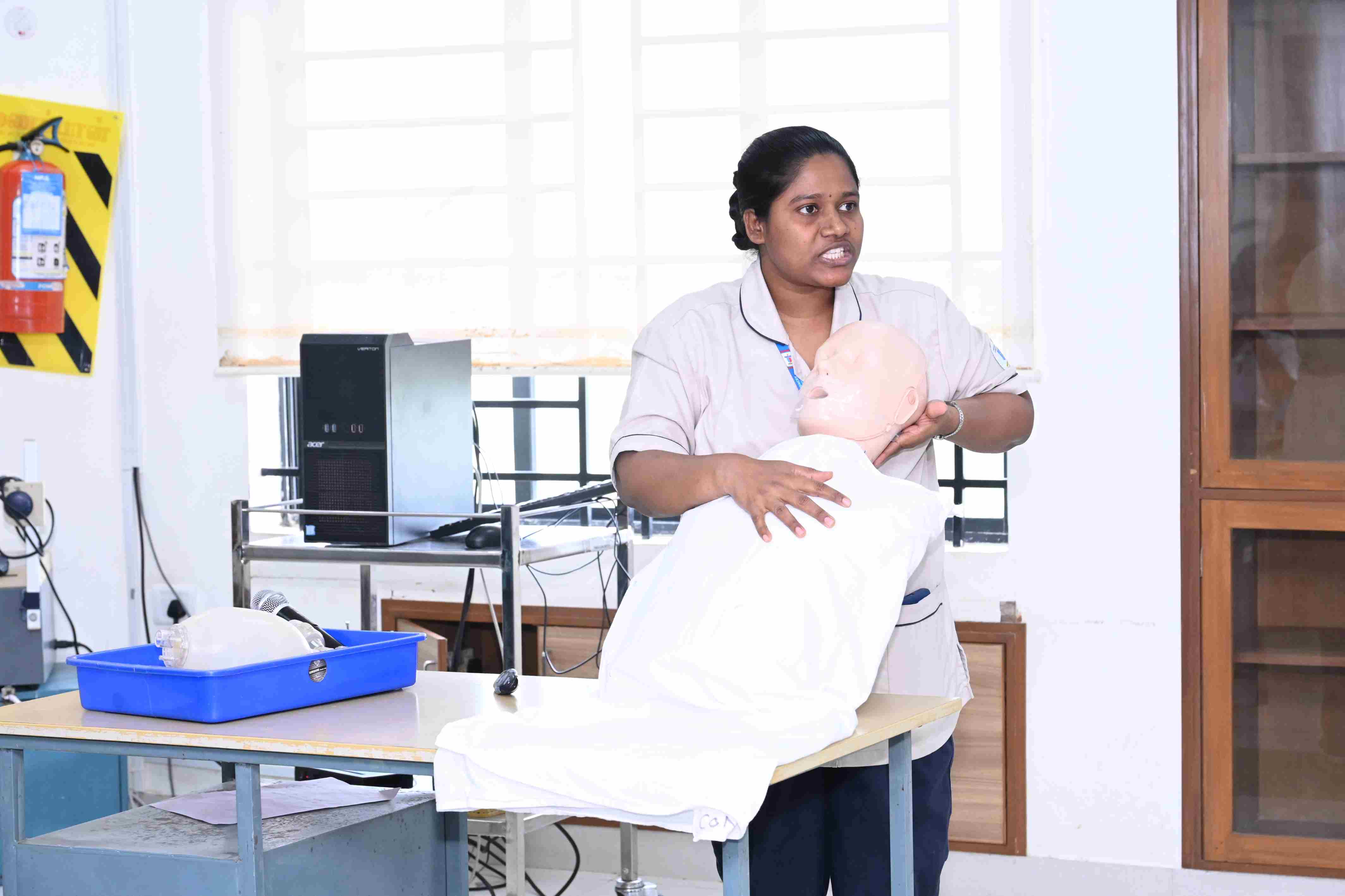
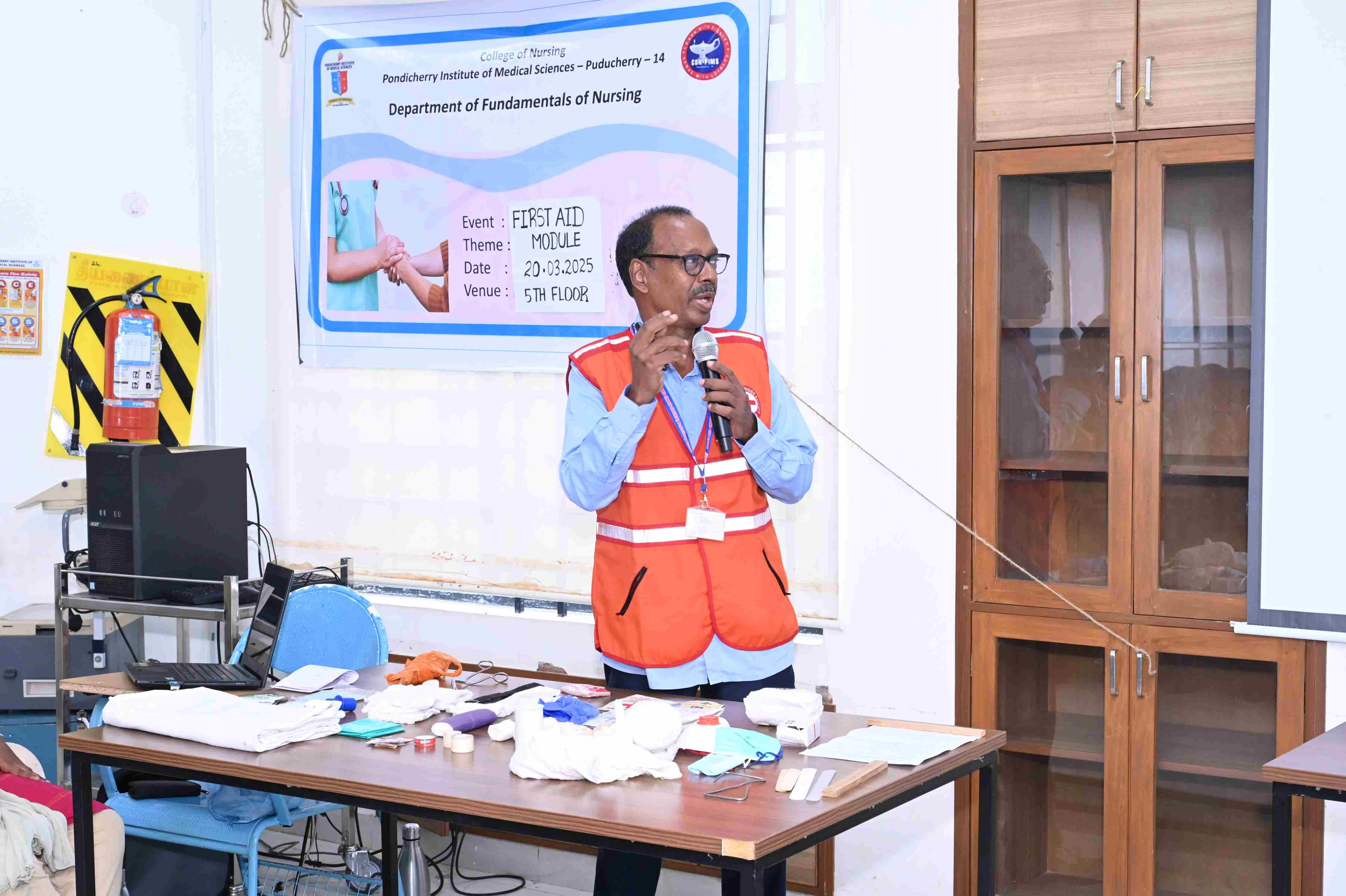
3. Innovative Learning Strategies
- Problem-Based Learning (PBL): Engages students in solving real-life clinical scenarios.
- Simulation-Based Training: High-fidelity mannequins and simulated environments ensure safe skill practice.
- Role Play and psychodrama: Develops communication and decision-making abilities.
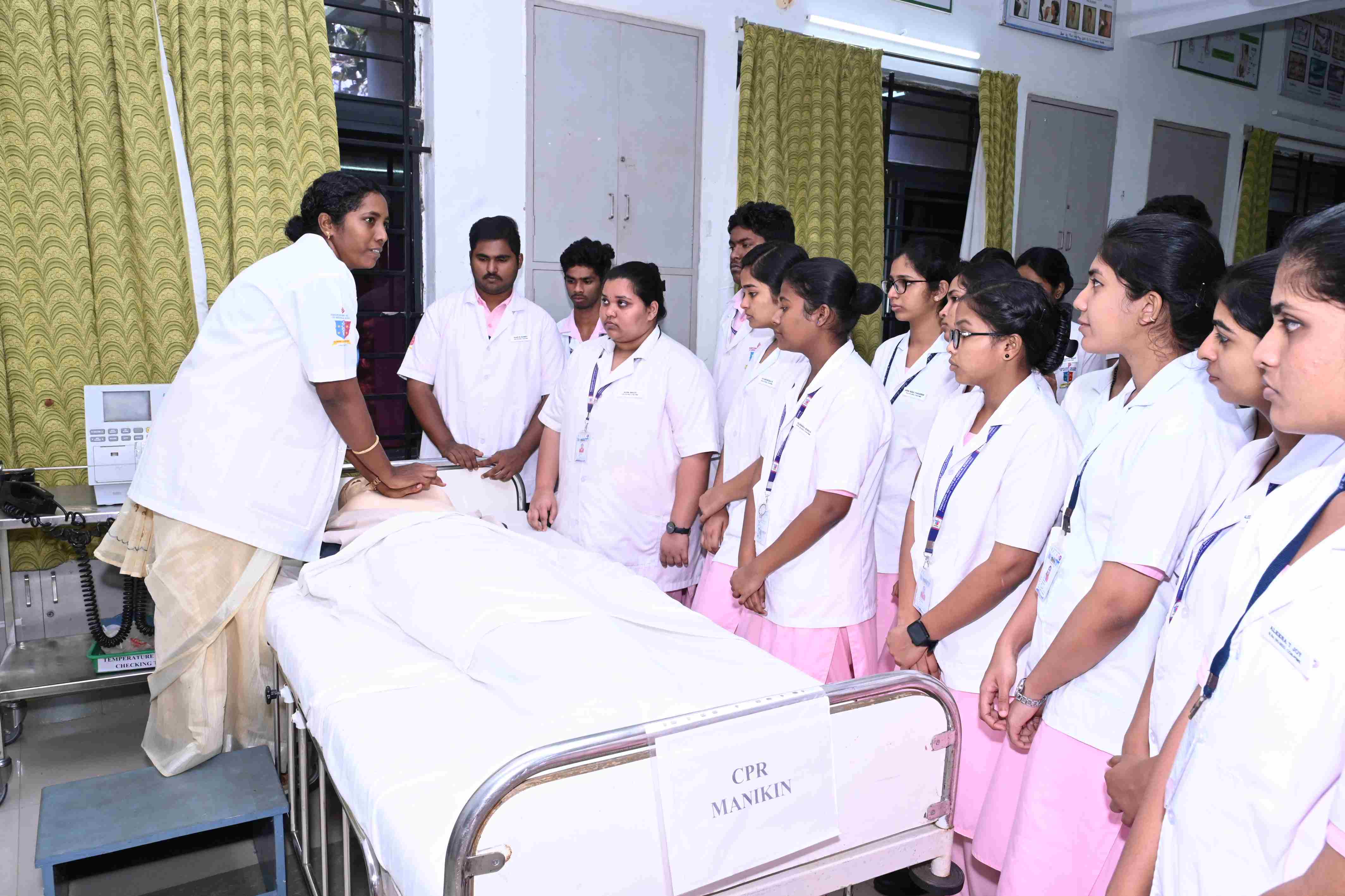
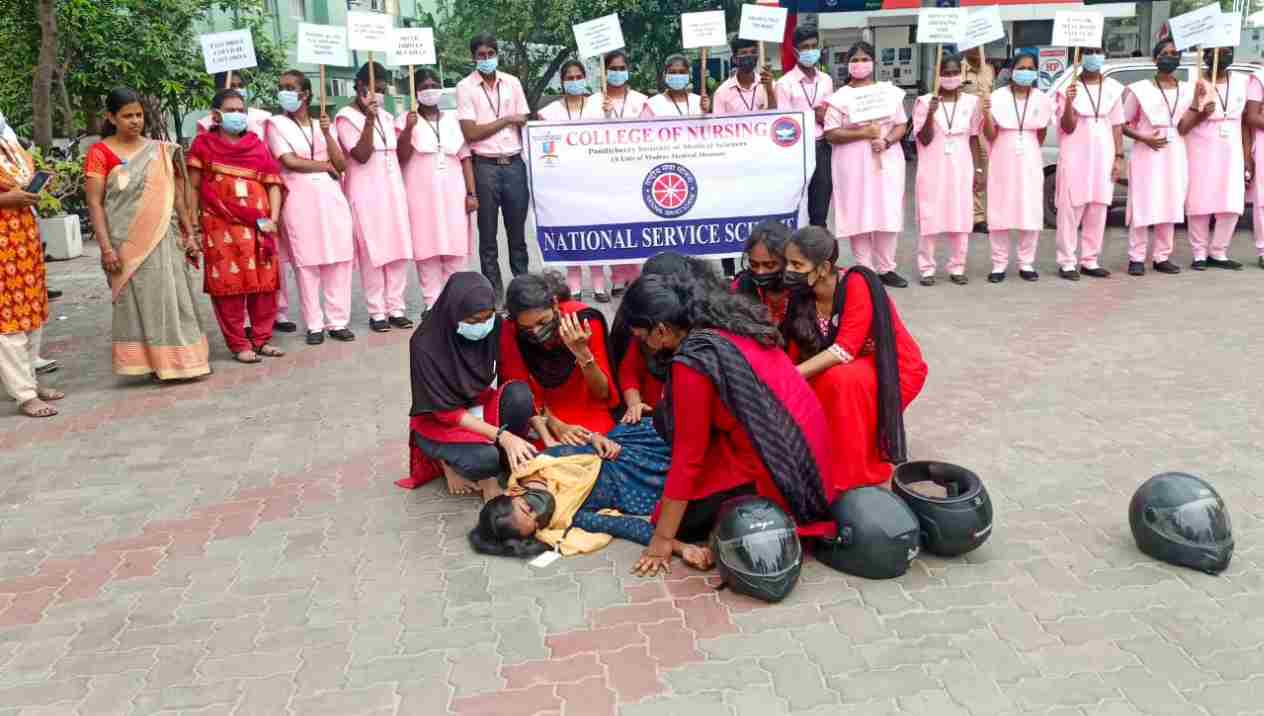
4. Technology-Enabled Learning
- E-Learning Platforms: Online content delivery via Moodle or Google Classroom.

5. Self and Peer Learning
- Self-Directed Learning (SDL): Encourages independent study and responsibility for learning.
- Peer Teaching: Enhances collaborative learning and confidence-building among students.
- Assignments and Project Work: Develops research aptitude and teamwork skills.
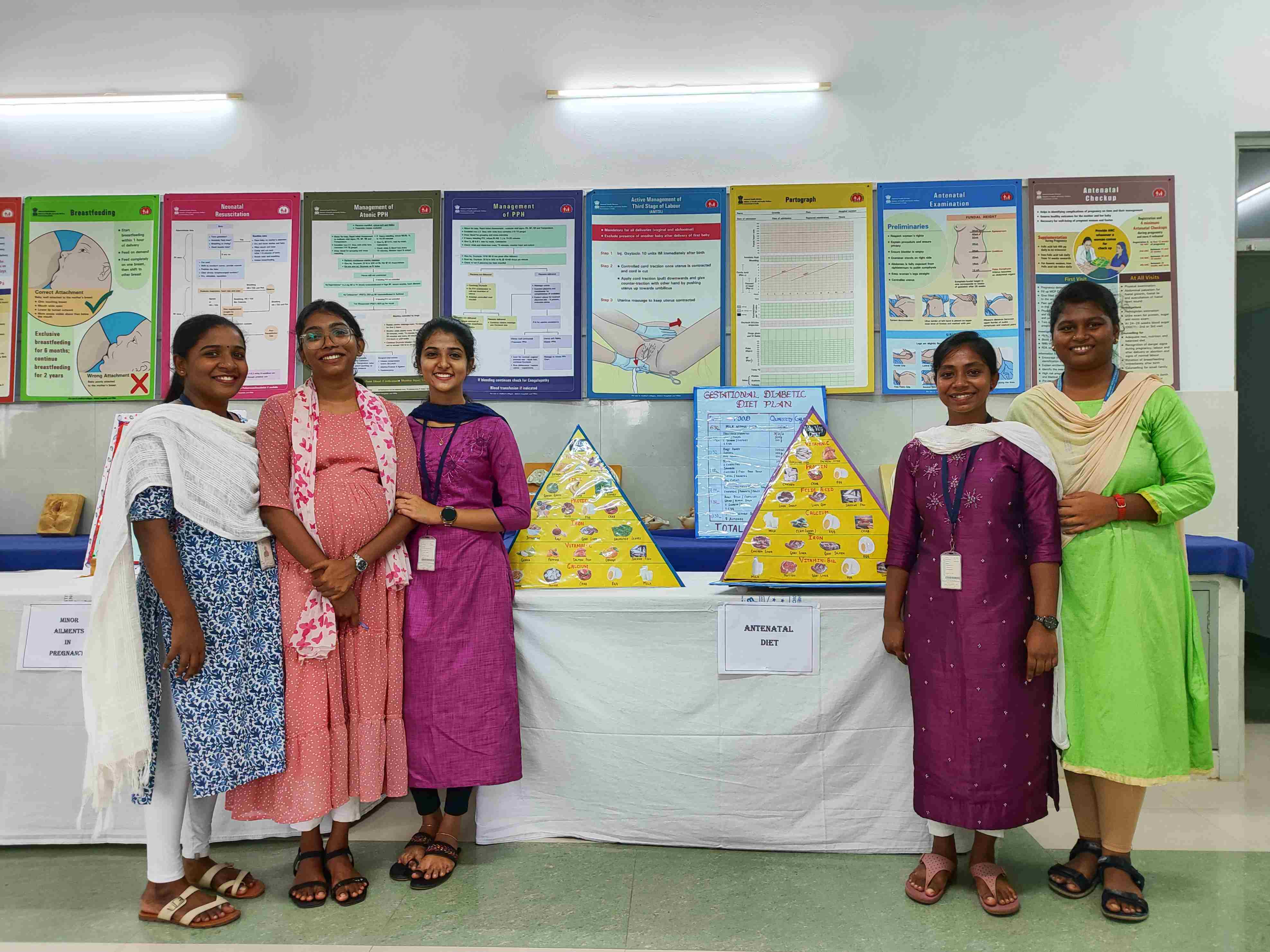

6. Field Visit
- Ponlait Diary Plant visit
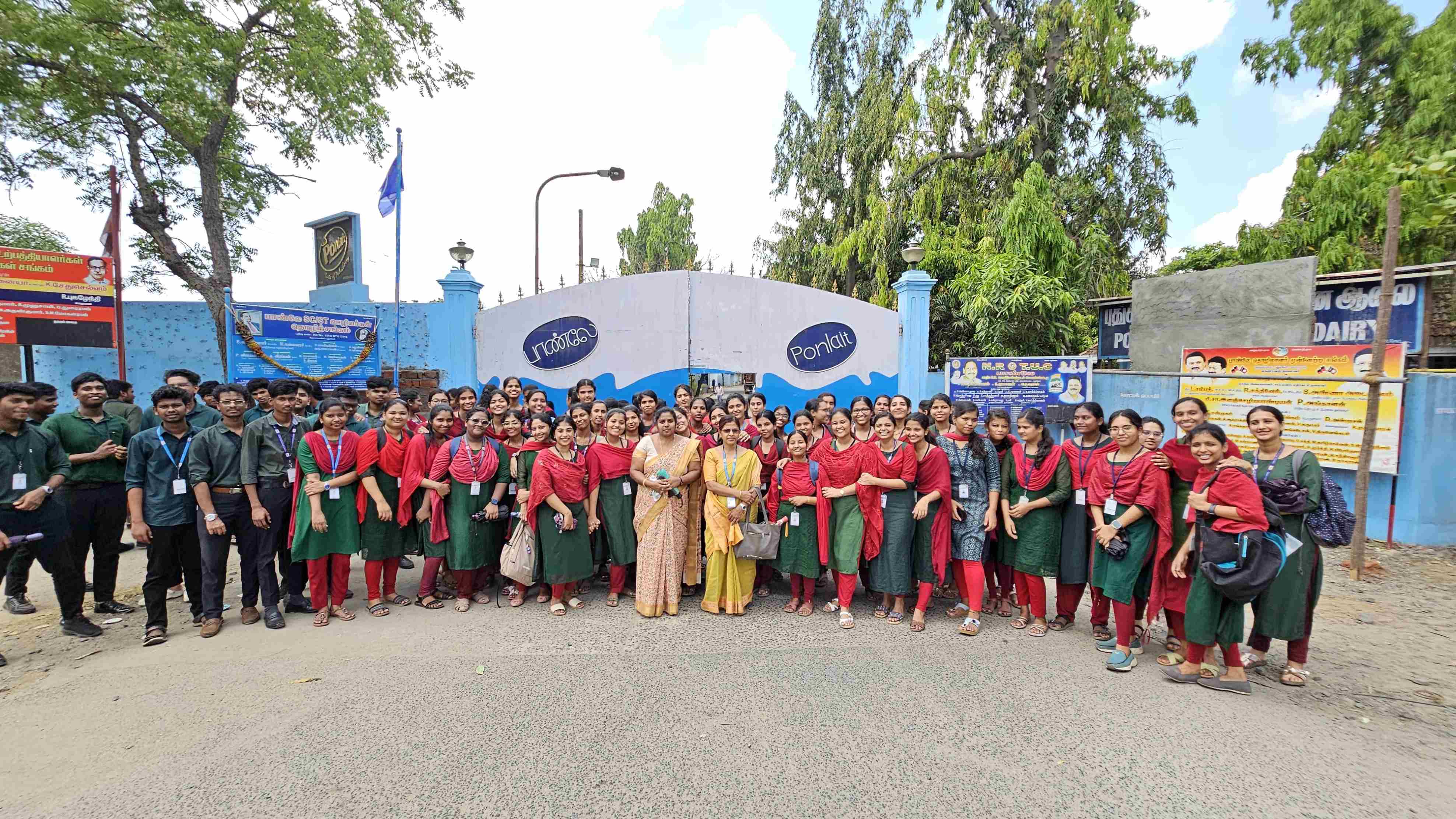
7. Psycho Drama
- -
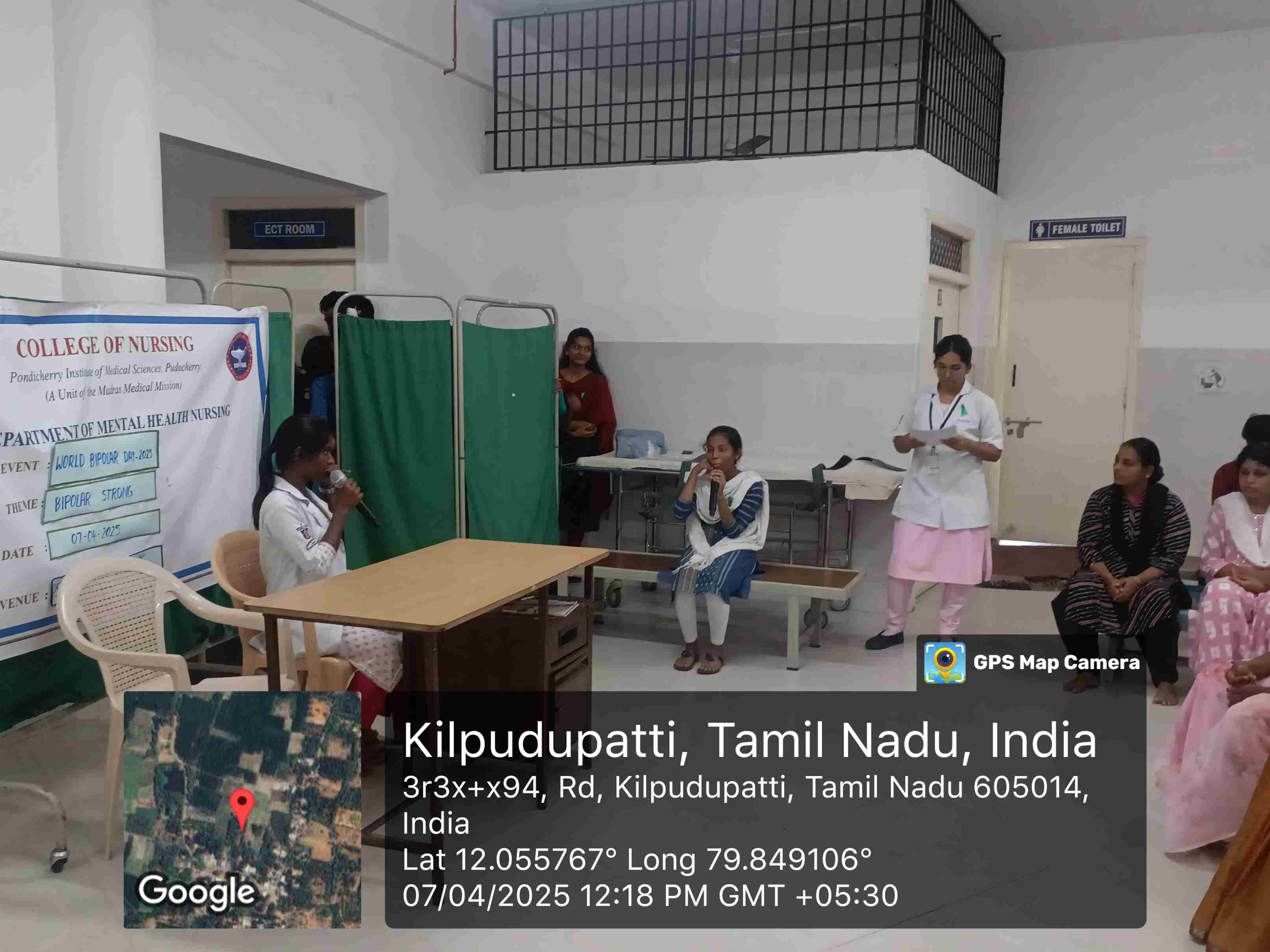
8. Evaluation and Feedback
- Formative and Summative Assessments: Continuous evaluation through quizzes, tests, and exams.
- Objective Structured Clinical Examination (OSCE): Structured clinical skill assessment.
Our teaching-learning practices are regularly reviewed and updated to meet the latest educational standards and healthcare needs, ensuring our graduates are competent, compassionate, and job-ready.